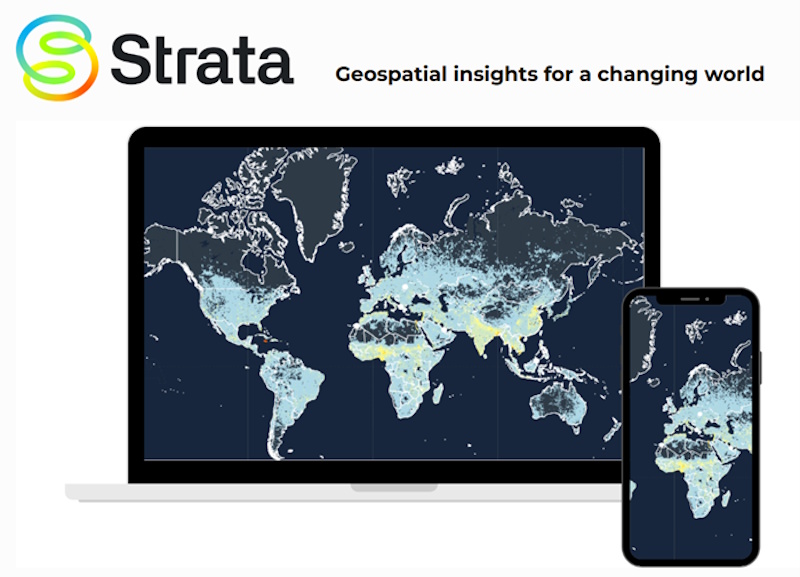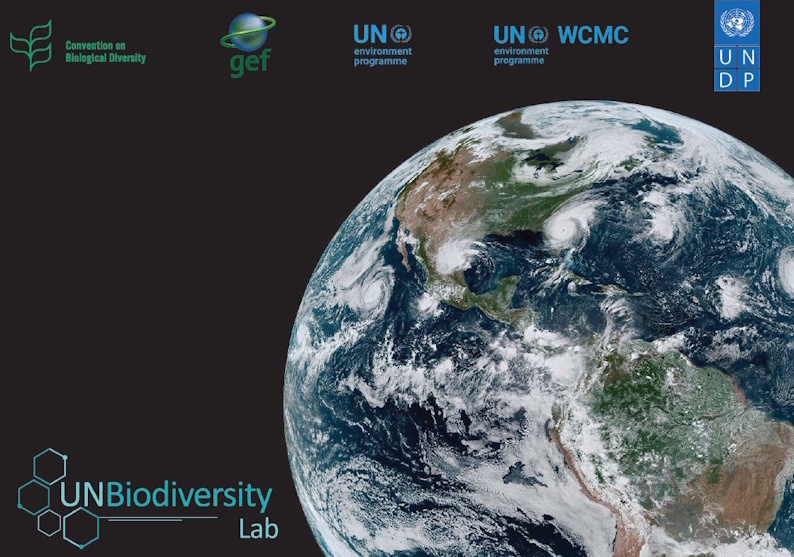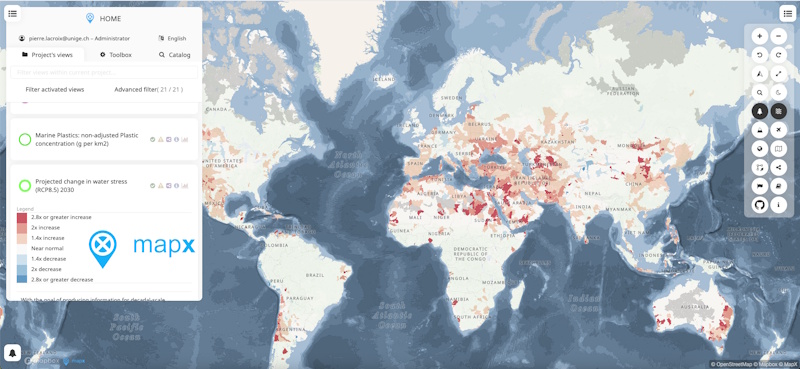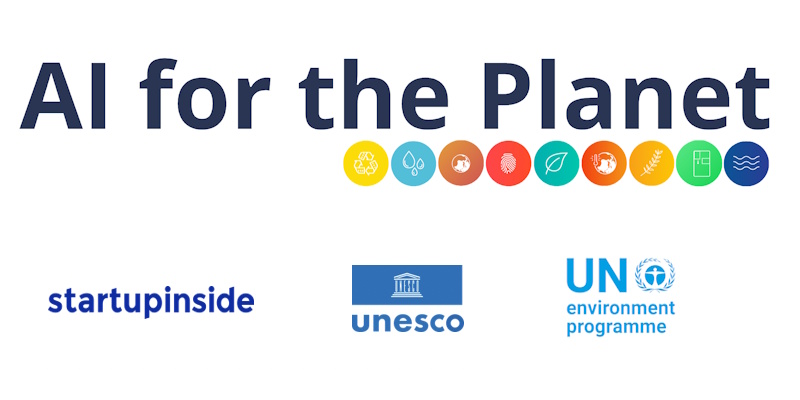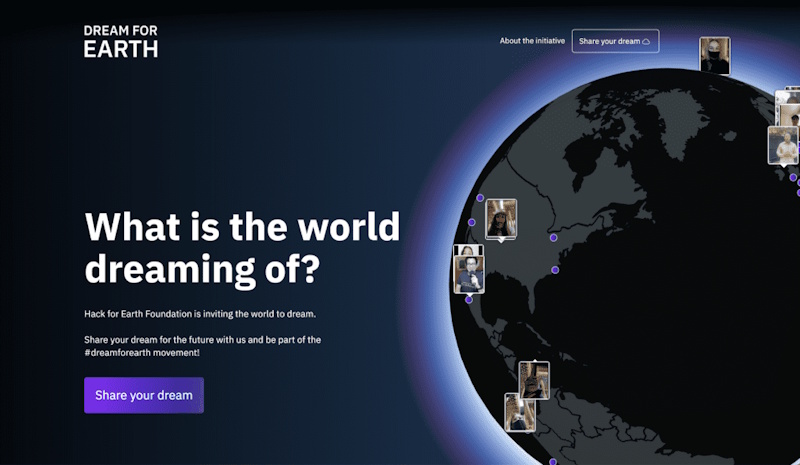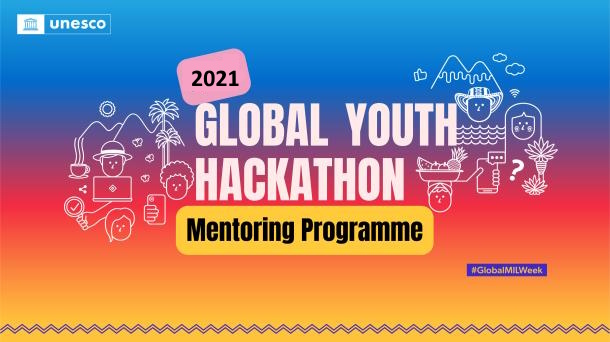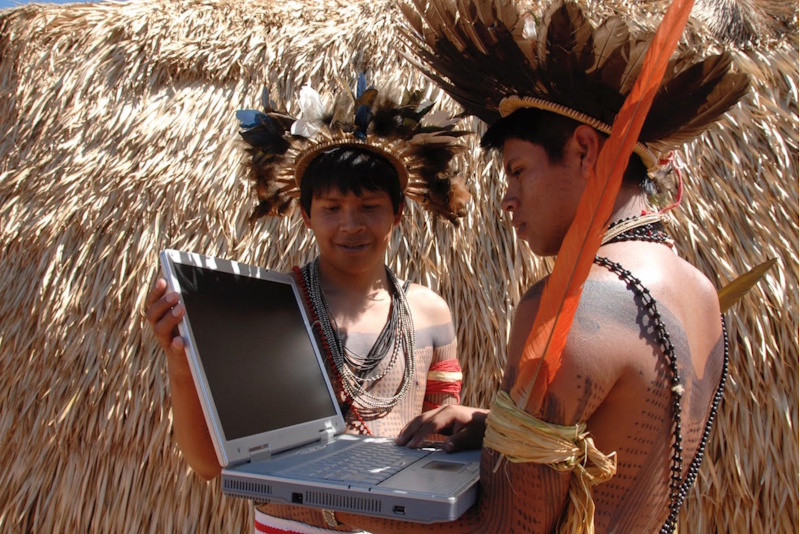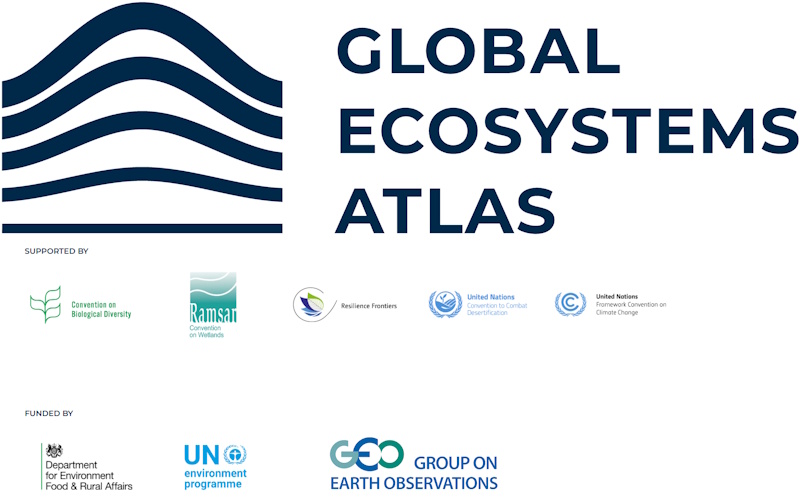
Global Ecosystem Atlas (2023)
The Global Ecosystems Atlas will be the first comprehensive harmonised open resource on the extent, change, condition and risk of all the world’s ecosystems. I provided a co-financing grant from UNEP for prototype development by the Group on Earth Observation (GEO) and other partners.
